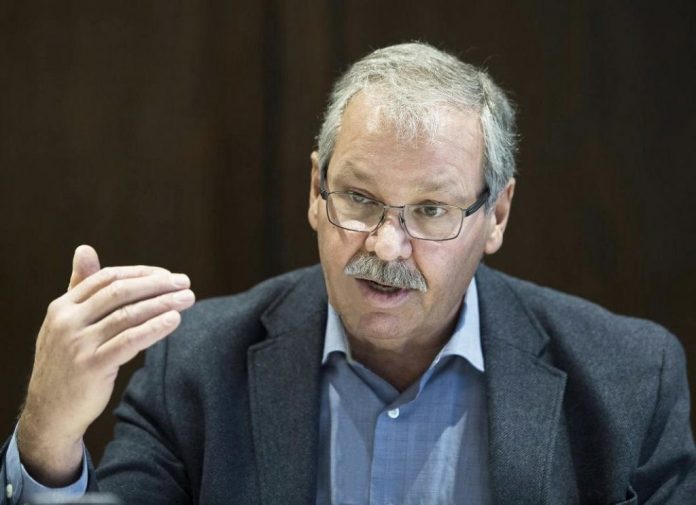
A new poll conducted on behalf of the Ontario Public Service Employees Union (OPSEU) indicates that most Ontarians would prefer that the government addresses the post-pandemic deficit by raising taxes on corporations and the wealthy rather than cutting public services.
Canada’s budget deficit is expected to increase dramatically, according to experts like Parliamentary Budget Officer Yves Giroux, who told the Senate national finance committee last month that the estimated deficit for the year has likely risen to about $260 billion due to the pandemic. Giroux said that his office will update its estimates of federal finances sometime this month. About 72 per cent of respondents in the survey for OPSEU reported that they “oppose” or “somewhat oppose” reducing the deficit with cuts to public services such as social services or job training. At the same time, 81 per cent showed some degree of support for raising taxes on the wealthy and 76 per cent said they “support” or “somewhat support” raising corporate taxes.
OPSEU President Warren (Smokey) Thomas said in a press release the pandemic has reminded Ontarians about the importance of public services.
“For years, people have been bombarded by rhetoric from politicians who fear-monger about the deficit and promise to cut, cut, cut,” Thomas said. “But the pandemic has shown the reality that behind every cut lies suffering and death. And folks are saying: no more. They’re saying it’s time for corporations and the wealthy to invest their fair share in our province.”
Survey respondents also expressed a desire for the government to focus on employment opportunities, with 91 per cent saying that job creation should be a priority. In addition, 96 per cent of respondents said they want the government to encourage businesses to manufacture essential products domestically.
“People understand that both public and private sector jobs boost the economy,” said Eduardo (Eddy) Almeida, first vice-president and treasurer for the OPSEU, in the release. “People want government to create, not cut.”
The poll of 1,017 Ontarians was conducted by Nanos Research between May 24 and 27, with a margin of error of plus or minus 3.1 per cent, 19 times out of 20.







